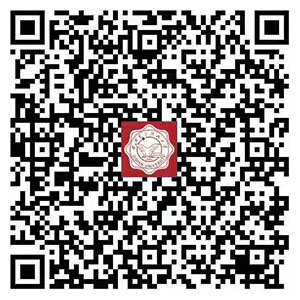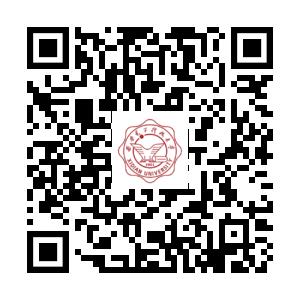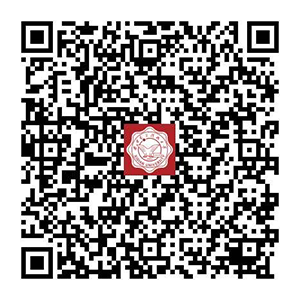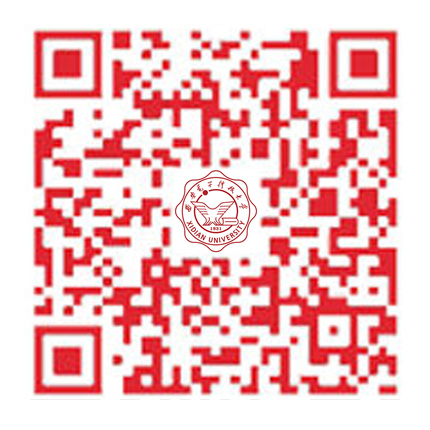Cancer Nanotheranostics
讲座名称:Cancer Nanotheranostics
讲座人:陈小元 教授
讲座时间:4月25日14:30
地点:南校区会议中心112会议室
讲座人介绍:
陈小元博士于1993年和1996年分别获得南京大学化学学士和硕士学位,随后1999年获得美国爱达荷大学博士学位。2002年进入南加州大学放射学系任助理教授,2004年转入斯坦福大学,2008年升为副教授。2009年加入美国国立卫生研究院(NIH)生物医学影像及医学工程所(NIBIB)任资深研究员,分子影像及纳米医学实验室主任。最近入职新加坡国立大学医学院和工程学院任终身Nasrat Muzayyin讲席教授。2012年获NIBIB Mentor Award, 2014年获 NIH Director’s Award, 2016年获 ACS Bioconjugate Chemistry Lecturer Award, 2017年当选AIMBE Fellow, 2019年获得SNMMI Michael J. Welch Award,2020年当选SNMMI Fellow。科研方向主要涉及体外诊断,体内成像,基因/药物的纳米载体,以及诊疗一体化。已发表900多篇SCI论文(H影响因子175,引用率超过11万次)。Acc Chem Res, ACS Nano等多家杂志的编委,Theranostics杂志的创刊主编(2021年影响因子11.600),中美核医学及分子影像学会(CASNMMI),中美纳米医学及纳米生物技术学会(CASNN),以及美国核医学及分子影像学会(SNMMI) Radiopharmaceutical Science Council (RPSC)前任主委。
讲座内容:
The field of cancer nanomedicine seeks to overcome the inherent shortcomings of conventional cancer diagnostics and therapies. Yet despite the surge of interest in and attractive attributes of nanotechnologies, challenges remain in their clinical translation, prompting some to argue that they have not yet reached their true potential. The tumour microenvironment includes malignant cells, many non-malignant cells such as T cells, tumour associated fibroblasts and dendritic cells, tumor extracellular matrix and blood vessels. In this talk I’d like to use a few examples to demonstrate how nanomedicine can reverse the immunosuppressive tumor microenvironment, maximize the cytotoxic potential of T cells, achieve potently amplified therapeutic effectiveness, effectively inhibit tumor growth, and provide long-term immunoprotection.
主办单位:生命科学技术学院



















